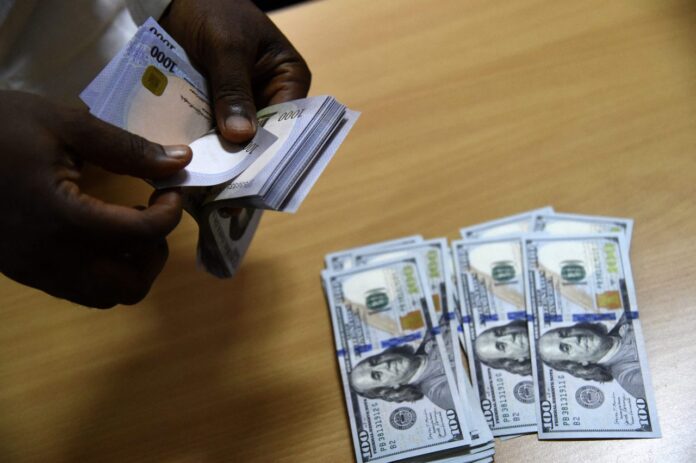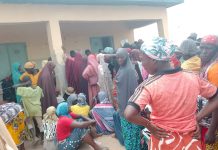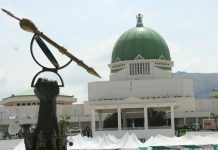Findings show that the value of the naira has continued to deteriorate due to the expanding imbalance between the supply and demand of dollars in banks and on the black market.
The naira dropped from 860 to 960 per dollar as of Friday, losing N100 in less than three weeks.
Before the Central Bank of Nigeria allowed the naira to freely fluctuate against other world currencies in June, the exchange rate at the Investor & Exporter window was 471/$.
However, the naira increased to 664/$ the following day on June 13, a day after the regulator launched the local currency.
However, the naira, which had been trading in a narrow range in both the official I&E window and the parallel market, quickly started to see significant volatility there.
The local currency fell to 925/dollar in Lagos after surpassing the N900/dollar threshold at the parallel market last week.
The naira peaked at 799 to the dollar on Friday before falling to 740.60 to the dollar at the I&E FX window. The naira, however, ended the day at the parallel market at 930 to the dollar in Lagos and 960 to the dollar in Abuja.
A dollar scarcity is affecting banks, and some institutions have complained that they do not have enough dollars to meet client demand.
Currency merchants at the black market also voiced their complaints over a lack of dollars.
The lifting of cash deposit restrictions on domiciliary accounts by the CBN in June, according to bank executives, has caused money to be repatriated through banks.
He claimed that as a result, there was a substantial imbalance between supply and demand for the dollar.
“Some of the dollars are being repatriated through the banks, but the demand is still higher than the supply because everyone is still sourcing for dollar for imports, PTA, BTA, and others,” an official of a lender who spoke on the condition of anonymity because he was not authorised to speak on the subject said.
Because they don’t trust the policy, Nigerians continue to hoard dollars and foreign exchange. The CBN is no longer consistently providing banks with foreign currency, he continued.
A tier-1 bank official who asked to remain anonymous added, “Before, the banks used to get dollars from the CBN every week, but today, it has substantially decreased; we have not been getting. Everywhere, banks are looking for foreign exchange. Banks lack sufficient funds. For some weeks, the CBN has not been supplying us.
Aminu Gwadabe, the president of the Association of Bureau De Change Operators of Nigeria, stated in a conversation with our correspondent that the naira has continued to come under strong attack from speculators due to a lack of liquidity in the foreign exchange market.
The demand was pushed to the parallel market, where volatility and spikes were most prevalent, he claimed, because of the I&E window’s diminishing supplies. Lack of liquidity is a problem that affects the entire forex market.
“The banks are reducing their available position for the financing of visible letters of credit and abandoning the invisible request like PTA, school fees, and medical expenses of their clients, inadvertently increasing pressure in the parallel market,” says the author.
He continued, “As it is, most licenced BDCs have lost their clients to the parallel, unregulated, and unstandardized space because of their desire for KYC requirements. Given that we are left out of the harmonised market, it is tough for the majority of our members.
With regard to solutions, Gwadabe suggested that Nigerians strive for a stable exchange rate free of unethical economic practises such arbitrages, hoarding, and panic buying.
“ABCON is desirous to partner the apex bank and the Federal Government for an elaborate dialogue and engagement to champion paths to naira recovery,” the official added.
The financial architecture should be overhauled, he continued, so that BDCs can participate in the harmonised markets.
He argued that favourable policies and an enabling environment should be implemented by the monetary and fiscal authorities.
Join Television Nigerian Whatsapp Now
Join Television Nigerian Facebook Now
Join Television Nigerian Twitter Now
Join Television Nigerian YouTUbe Now





